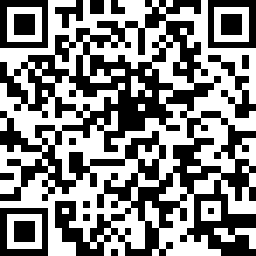Chinese Word Entry
雄性激素| Mandarin (Zhuyin): | ㄒㄩㄥˊ ㄒㄧㄥˋ ㄐㄧ ㄙㄨˋ |
| Mandarin (Pinyin): | xióng xìng jī sù |
| Cantonese (Jyutping): | hung4 sing3 gik1 sou3 |
| Definitions: |
|
Need more information?
Chinese characters used in this word
| 雄 | masculine, male, hero, leader, superiority, excellence, male of species, manly |
Readings
| Mandarin: | ㄒㄩㄥˊ (xióng) |
| Cantonese: | hung4 |
| Japanese: | ユウ (yuu) / お- (o-)、 おす (osu)、 おん (on)、 お (o) |
| Korean: | 웅 (ung) |
| Vietnamese: | hùng |
| 性 | sex, gender, nature, character |
Readings
| Mandarin: | ㄒㄧㄥˋ (xìng) |
| Cantonese: | sing3 |
| Japanese: | セイ (sei)、 ショウ (shou) / さが (saga)、 たち (tachi) |
| Korean: | 성 (seong) |
| Vietnamese: | tính |
| 激 | violent, get excited, enraged, chafe, incite, arouse, excite, quickly |
Readings
| Mandarin: | ㄐㄧ (jī), ㄐㄧㄠˋ (jiào), ㄐㄧㄠ (jiāo) |
| Cantonese: | gik1 |
| Japanese: | ゲキ (geki)、 ケキ (keki) / はげ.しい (hageshii)、 はげしく (hageshiku)、 はげます (hagemasu) |
| Korean: | 격 (gyeog) |
| Vietnamese: | kích, khích |
| 素 | elementary, principle, naked, uncovered, white (silk), plain, vegetarian, formerly, normally |
Readings
| Mandarin: | ㄙㄨˋ (sù) |
| Cantonese: | sou3 |
| Japanese: | ソ (so)、 ス (su) / もと (moto)、 しろぎぬ (shiroginu)、 きじ (kiji) |
| Korean: | 소 (so) |
| Vietnamese: | tố |

